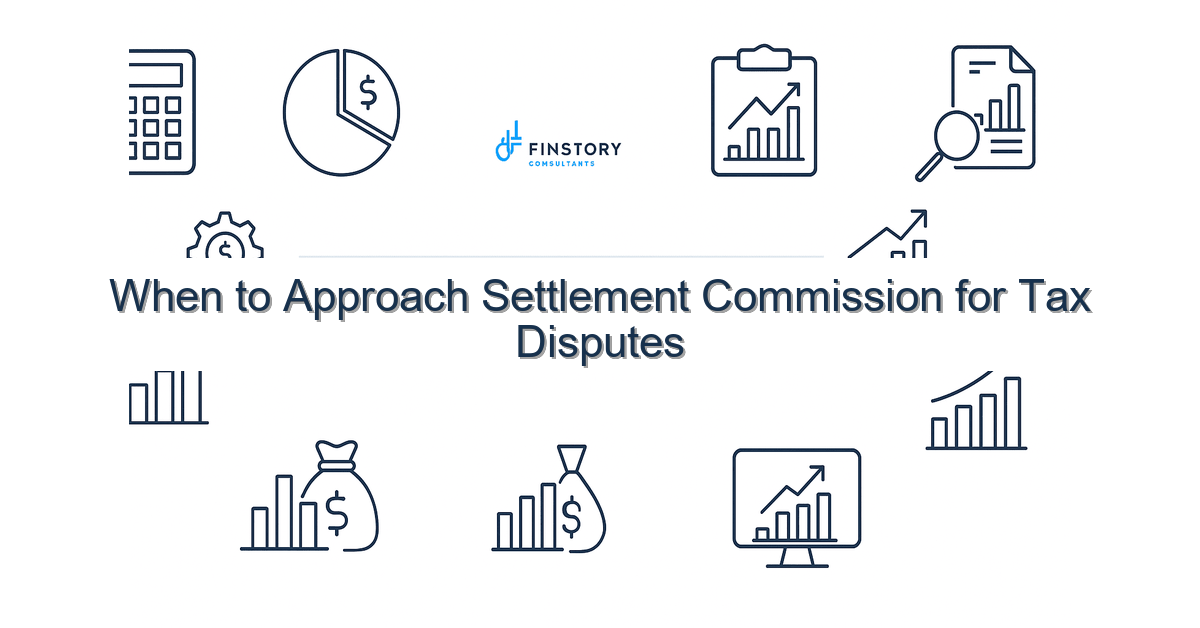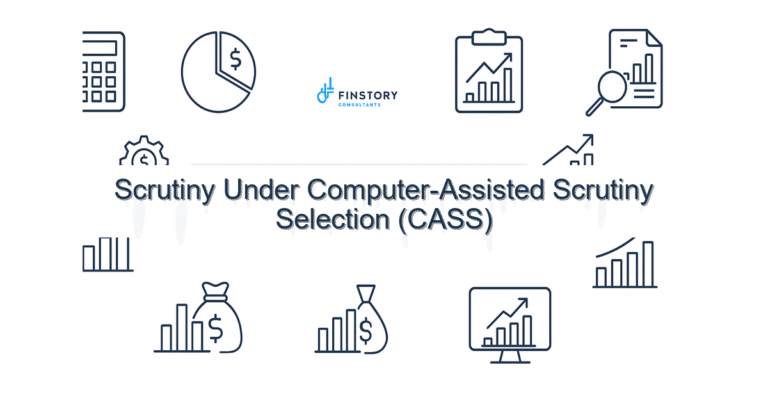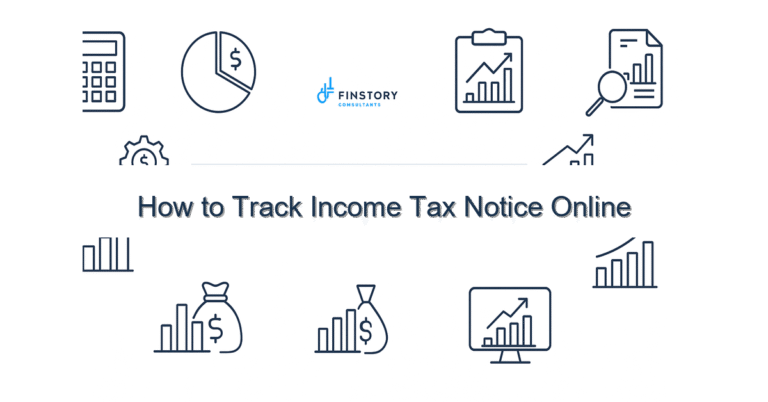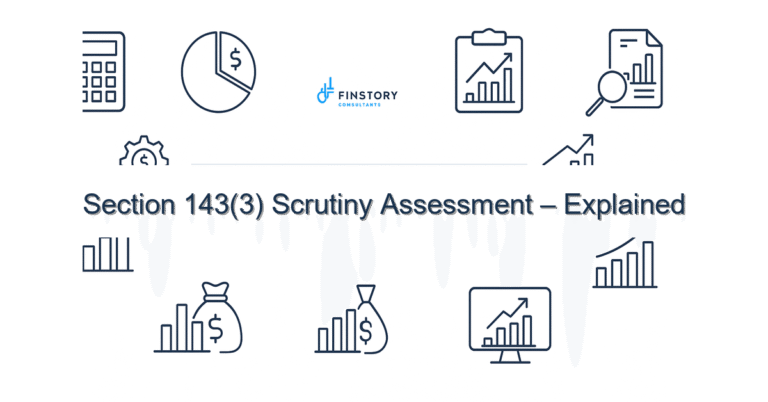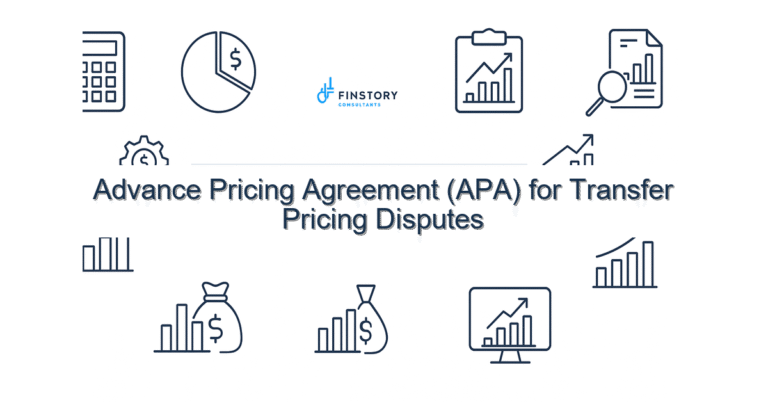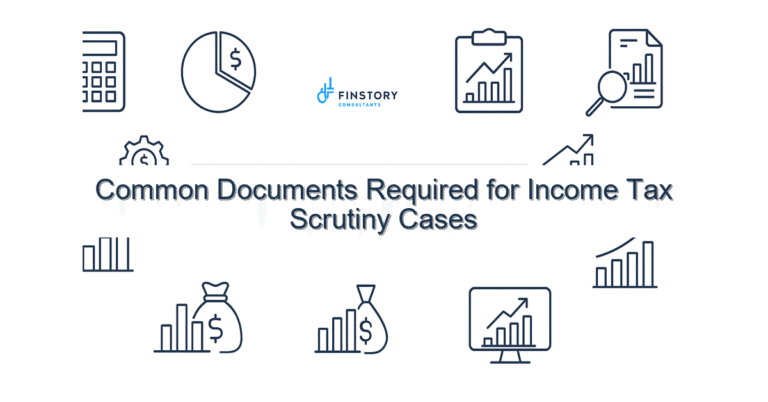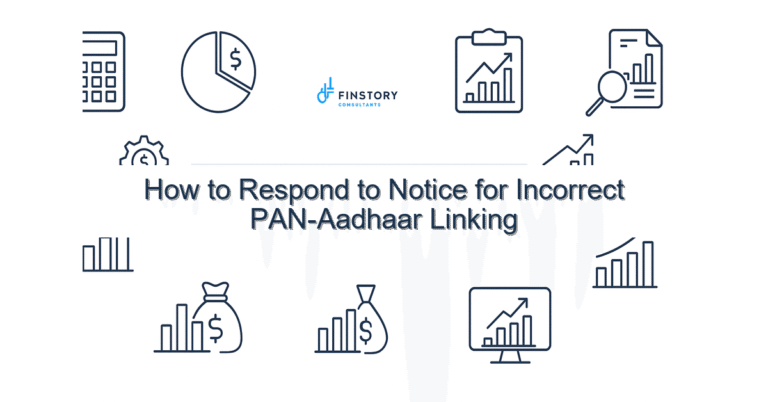When to Approach Settlement Commission for Tax Disputes
Getting a tax notice, penalty demand or reassessment can feel like a personal attack on your time and savings. You are not alone — salaried employees, professionals, founders and MSMEs across India face confusing demands and long legal timelines. This guide helps you decide if the Settlement Commission is the right route for a faster, less adversarial resolution.
Summary: The Income-tax Settlement Commission can be a practical option when you have disputed tax demands that carry the risk of prosecution or prolonged litigation, and when you prefer negotiated settlement over long appeals. Use it when facts are evident, your disclosure can be complete, and speed plus certainty matters more than a possible higher win in court.
What’s the real problem in India?
Indian tax disputes are often procedural and evidence-driven, not just about numbers. AY/PY confusion, strict CBDT timelines, and multiple forms and portals make disputes painful. Notices arrive while compliance items — like the ITR filing last date, reconciling TDS/TCS with AIS/26AS, and choosing between new vs old regime slabs — already occupy your headspace.
- Symptom 1: You receive a reassessment notice or survey report with significant additions but limited time to respond.
- Symptom 2: The matter involves potential penal consequences or allegations that could attract prosecution.
- Symptom 3: Multiple years are under scrutiny and litigation costs are mounting faster than the disputed tax.
What people get wrong
There are common misconceptions that waste time or increase costs:
- Assuming every notice should go straight to appeal: Appeals can be slow and uncertain; settlement can offer certainty.
- Believing settlement means admitting guilt: The Commission aims to resolve disputed income and tax; a well-framed settlement is often pragmatic, not an admission.
- Thinking settlement is only for big corporates: Individuals, professionals and MSMEs can and do use the Commission, especially when prosecution or large additions are threatened.
- Ignoring reconciliation: Failure to reconcile TDS/TCS entries with your AIS/26AS or to consider capital gains indexation effects can weaken your case.
A better approach
Think of the Settlement Commission as a negotiated, quasi-judicial forum — useful when you want closure with reasonable tax and penalty outcomes. Here is a simple framework to decide and act.
- Assess the dispute objectively: Quantify the disputed tax, potential penalties, and the chance of prosecution. Include capital gains indexation benefits and other technical defences in your calculation.
- Reconcile records: Match your books, bank statements, invoices and AIS/26AS entries; reconcile TDS/TCS claims and check ITR filed against the claim. If you missed a deduction like the Section 80C limit claim or the right exemption, note it.
- Estimate timelines and costs: Compare litigation time (appeals, tribunals, High Court) versus a one-time negotiated settlement cost, including professional fees.
- Decide with risk appetite: If the threat of prosecution or continuing notices is high and you value closure, initiate settlement. If a clear legal precedent strongly favours you, you may prefer litigation.
- Prepare a disclosure and evidence bundle: Full, transparent disclosures increase credibility and often secure better settlement terms.
Real-world example: A Bengaluru software founder faced reassessment adding INR 90 lakh for three AYs on alleged undisclosed income. After reconciling TDS/TCS and using AIS/26AS to prove most credits, the founder offered a partial admission of INR 15 lakh and settled for 30% of the demand plus interest — saving months of litigation and reducing potential penalties by over 60%.
Quick implementation checklist
- Collect all notices and order copies from the e-filing portal.
- Reconcile TDS/TCS entries with AIS/26AS and your books for the disputed years.
- Pull bank statements, invoices and contracts relevant to the disputed items.
- List potential penalties and check if the matter attracts prosecution.
- Estimate disputed tax vs cost of litigation and potential interest accruals.
- Contact a tax expert for a preliminary feasibility call (collect evidence and draft summary).
- If advisable, prepare a voluntary disclosure or settlement proposal with supporting documents.
- File the settlement application through an authorised representative and track acceptance on the e-filing portal.
- Negotiate in the Commission hearing: focus on material facts, not emotion.
- On settlement, ensure terms are recorded and ask for a formal order to avoid future disputes on the same points.
What success looks like
- Resolved demand: A definitive settlement order eliminating future litigation on the same issue.
- Lower effective payout: Typical settlements reduce the contested demand and penalties significantly (often 30–70% savings compared with full demand plus protracted litigation).
- Fewer notices: Closure reduces the chance of repeated notices for the same years.
- Faster resolution: Settlement timelines are usually months, not years.
- Preserved reputation: Avoiding public prosecution and lengthy court hearings protects personal and business standing.
Risks & how to manage them
Settlement isn’t risk-free. Key risks and mitigations:
- Risk: Incomplete disclosure can backfire. Mitigation: Full reconciliation and organised evidence; don’t hide material facts.
- Risk: Overpaying compared with a strong legal defence. Mitigation: Get an independent legal opinion and probability-weighted cost estimate before offering settlement.
- Risk: Bad precedent if not structured well. Mitigation: Use experienced counsel to draft a settlement that limits admission and frames the compromise as pragmatic.
- Risk: Time pressure leading to poor decisions. Mitigation: Start preparation the moment you get a notice; don’t wait for the last minute before the ITR filing last date for related years or appeals.
Tools & data
Use these India-specific tools to strengthen your position:
- AIS/26AS — reconcile TDS/TCS credits and spot missing entries.
- Income-tax e-filing portal — access notices, orders and file responses.
- Bank and accounting exports — show cash flows and invoice matches for disputed receipts.
- TDS/TCS tracking tools and Excel templates — speed reconciliation and spot mismatches.
- Capital gains calculators with indexation — quantify tax exposure accurately for asset sales.
FAQs
Q: Who can apply to the Settlement Commission?
A: Individuals, HUFs, companies, firms and organisations can apply if their case involves an undisclosed income or consequences that may attract prosecution or large additions. Eligibility details depend on the specific Income-tax Act provisions in force for the relevant AY/PY.
Q: Will settlement affect my ITR or future Section 80C limit claims?
A: A settlement resolves the disputed years and is recorded in the Commission order; it does not directly change lawful claims like Section 80C deductions in other years. Maintain proper documentation for future ITRs and be mindful of deductions vs admissions.
Q: Should I go to the Settlement Commission if I’m confident I’ll win on appeal?
A: If you have a strong precedent and high likelihood of success, appeals might be preferable. But weigh the delay, cost and the risk of prosecution. Discuss the probability with a tax lawyer before deciding.
Q: How does TDS/TCS reconciliation affect settlement talks?
A: Accurate TDS/TCS reconciliation using AIS/26AS strengthens your factual position and may materially reduce the disputed amount. Always include reconciled credits in your settlement proposal.
Next steps
If you are facing a notice, reassessment or potential prosecution, don’t delay. Early, structured preparation increases the chance of a favourable settlement and reduces costs. Start by organising your evidence, reconciling TDS/TCS with AIS/26AS, and getting a quick expert assessment.
Work with Finstory. Speak with an Expert for a personalised plan to reduce your tax outgo and stay compliant. Book a free 20-min consultation.
📞 Need help with Income Tax in India?
Book a 20-min consultation with our tax team. Individuals, founders & MSMEs welcome.
Prefer email or phone? Write to info@finstory.net
or call +91 44-45811170.
